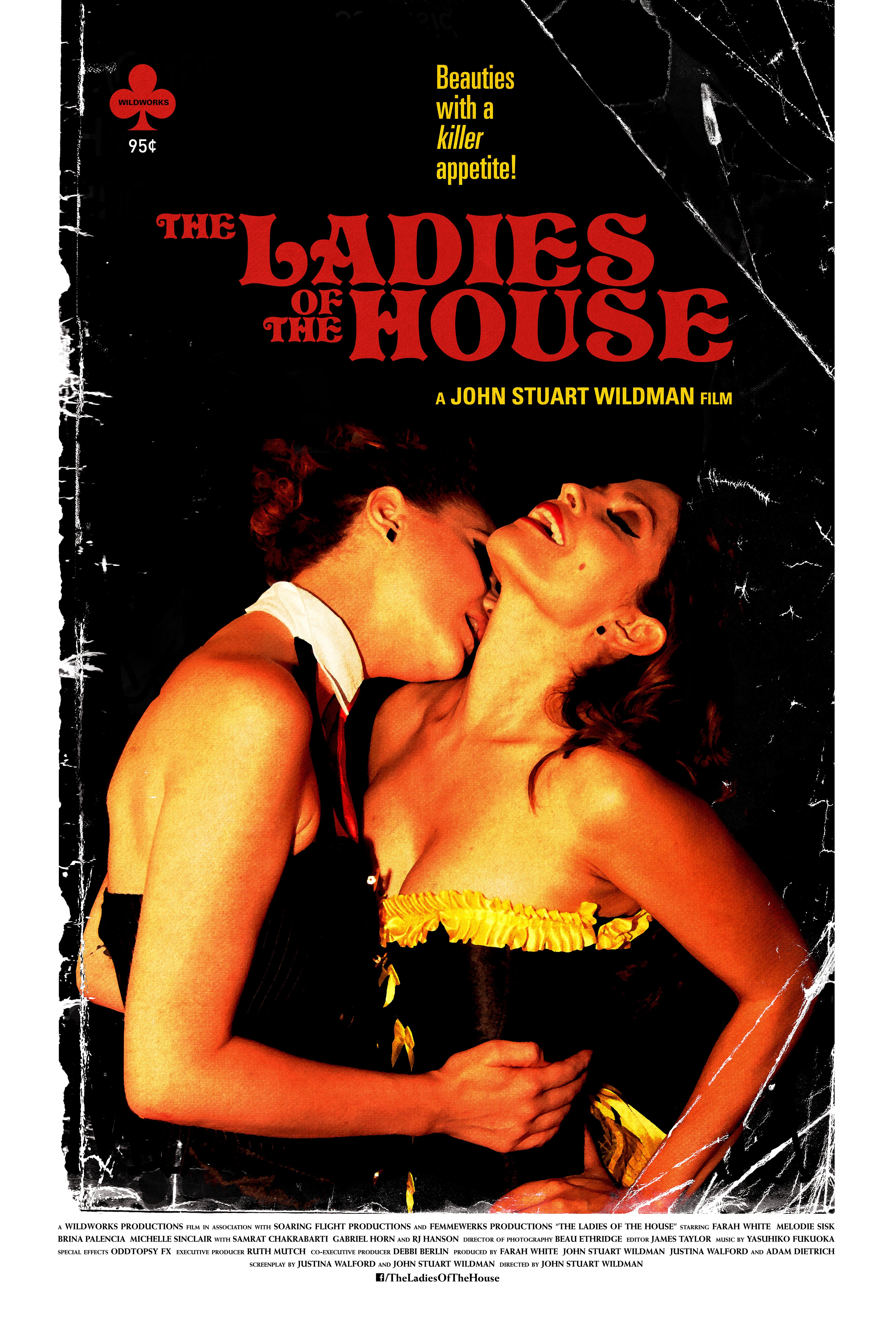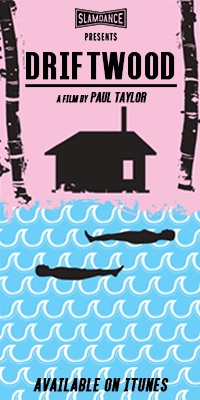However, I get an urgent text from Rose asking if I’m about to leave for the 8:30AM screening of LOVING at the Lumiére. Seeing as how I didn’t realize I was going, the answer is that I wasn’t about to leave. But now I have to. See, the tickets for those screenings are so coveted and hard to come by that if, in fact you do get them from Cannes and then you end up not using them, then you get penalized. So Rose is freaking out. And now I’m actually running down the Croissette to get to the theater in time. And as I’m running there, she’s texting me with her doubts I can make it and she’s now thinking of handing the ticket off to one of the many people that hang around the theater begging for those tickets. So now, not only am I running at 8 in the morning, but I’m furiously texting her back as I do so, telling her not to give the ticket away since she already got my ass up, out, and at a full run to see this damn movie. Of course, I manage to get there in plenty of time to get the ticket and get in line before they cut it off so I’m allowed in. (Afterwards, I find out that there was a guy standing next to her that was achingly close to getting that ticket and was not so secretly hoping I would pull a muscle, pop an Achilles, or get hit by a car so he could get that ticket.) Now, I also have to get in line to go into a different theater than Rose, so now she’s texting me, asking to confirm that I got in and they scanned the ticket. This is way too much angst and stress for 8AM. While I sit in my seat, the last text I receive is “You’ll thank me later.”
Yeah, not so fast…
LOVING
Jeff Nichols’s LOVING tells the true life story of Richard and Mildred Loving, whose interracial marriage, the reaction to it, and the persecution they received in Virginia due to it led to a 9-year legal battle and eventual Supreme Court decision striking down laws in states across the country forbidding interracial unions. The film traces the decisions made by the couple following her first pregnancy, to getting married, and then return to the state following their conviction to have the child midwifed by Loving’s mother, and the run ins with the local police as well as the rulings against them in the courts, eventually resulting in the landmark Supreme Court decision in their favor.
LOVING takes great pains to eschew melodrama in favor of low-key and “truthful” storytelling as it seeks to put a human face on the people behind the historic law. However, the true life story behind a landmark Supreme Court case does not automatically translate into landmark drama. Here, the instinct to not gin up tragic beats or moments of crises in order to force an expected dramatic structure, while admirable, also severely undercuts the immediacy and the stakes of the story. Several times there is the anticipation of a threat or reprisal that apparently never happened. A car races up to the Lovings’ house, but it turns out it was just a friend – as opposed to racist townsfolk coming with torches and pitchforks, so to speak, or Richard Loving finds a brick wrapped in a Life Magazine story about the couple in the front seat of his car, as opposed to say, having that brick be thrown through a window. Also, while stories like this routinely offer up a villain for the audience to put their anger on, here (for example) our racist cop gets a stern talking to. Therefore, while the drama is heartfelt and affecting and makes for what we have to assume is an “honest” portrayal of the struggles the Lovings, it would not be difficult to see some filmgoers viewing the proceedings with a shrug.
HELL OR HIGH WATER
David Mackenzie’s HELL OR HIGH WATER pits two brothers in West Texas, a divorced dad (Chris Pine) and his wild ex-con elder sibling (Ben Foster), against a retiring Texas Ranger (Jeff Bridges), as the brothers attempt a series of bank heists to save the family’s land from being foreclosed on so the younger brother will have something of worth to leave for his two sons. The plan is basically to rob a handful of the bank chain’s outlets, and then use the bank’s own money to pay it in full for the unscrupulous mortgage they saddled their folks with. Unfortunately, as the clock is ticking toward their deadline to get the payment in and satisfy the debt, the older brother’s crazy recklessness throws their plans off the rails, and their Texas Ranger adversary is quickly figuring out where they will strike next.
HELL OR HIGH WATER utilizes a basic “clever bank robbers vs. wiser cop” formula to serve as a launching pad for a commentary on the severely depressed economy in rural USA and the desperation of the people that result from that. The brothers constantly drive past billboards proclaiming in giant letters “IN DEBT”, a waitress refuses to help the Texas Ranger because she was tipped enough money by the younger brother to help make her rent for the month, and not a single person has any sympathy for the bank. There is more than a little BONNIE AND CLYDE flavor to the film that is more than appropriate in these times. Pine and Foster make for a fantastic brother combo with the mutual respect, love, frustration, and violence perfectly modulated between them, and Bridges gives one of his signature performances as a lawman that’s seen it all, and doesn’t seem to take any of it all that seriously until he does – and then people pay. Ultimately, the film is a current day, “real people” western that is easy to recommend across the board – so solid is the storytelling and the performances. Admittedly, the film doesn’t shy away from the violence or blood shed (another canny commentary on our country has nearly every single character carrying a gun and one robbery almost thwarted when one of the tiny town’s locals pour out into the street like pistol-packing army in pickups), but the focus is always on the people and their struggle for survival and maybe just a little peace of mind that they haven’t wasted a life.
Later in the evening, a friend tells me that RAW is a “must see” this year. “People that don’t like horror films said they liked it even though it’s a horror film. No offense.” This was startling for me to hear since I hadn’t been notified that my position as “Defender of the Horror Genre” had been renewed for another year, but I guess it was still in the mail. Anyway, the problem (or potential problem) was that the guide cited the last screening of the film as “press” and I only had a market badge this year – since this trip was somewhat of a surprise to me – so I wasn’t sure they’d let me in. (To be honest, any time there is any doubt at all, I am sure I won’t be let in.) So, I got there early enough to turn on the lights, was assured I would let in, and was now set to see a horror film for people that have the good taste not to go to horror films or something like that.
RAW
Julia Ducournau’s RAW follows Justine, a brilliant young French student, as she enters a prestigious veterinary school, following both her parents and joining her sister, Alexia, who is an upper classman. She quickly experiences the school’s merciless hazing rituals, during which the vegetarian Justine is forced – with her sister’s insistence – to eat raw meat for the first time. The consequences of that decision go far beyond an upset stomach as Justine’s body starts going through changes and she begins exhibiting cravings she never had before that cause her to behave in ways that quickly escalate from confusing to frightening and dangerous as her true self emerges.
RAW delivers an unsettling coming-of-age tale with one of the most formidable, complicated, and ultimately threatening sister combos in a genre film since GINGER SNAPS. While Justine’s cravings for raw flesh escalate quickly, the moment where she reaches a point of no return is not simply shocking, it is also emotionally powerful – and that can be said for the film as a whole. The desire for flesh – whether to eat it or sexually – while graphic and bloody, doesn’t simply descend into blood splattering set pieces or default to lazy cannibal or vampire film tropes. Instead, there is a steady hand keeping us on Justine’s journey and relationship with Alexia. There is also a thrilling and dynamic style at play, including one sequence shot in a way that recalls cinematic seduction of the Milk Bar scene from CLOCKWORK ORANGE. All told, and much like the relationship between the two sisters, RAW is disturbing and maybe even upsetting for some, but it is not a film that can be dismissed or forgotten easily – it will stay with you, whether you like it or not.








comment